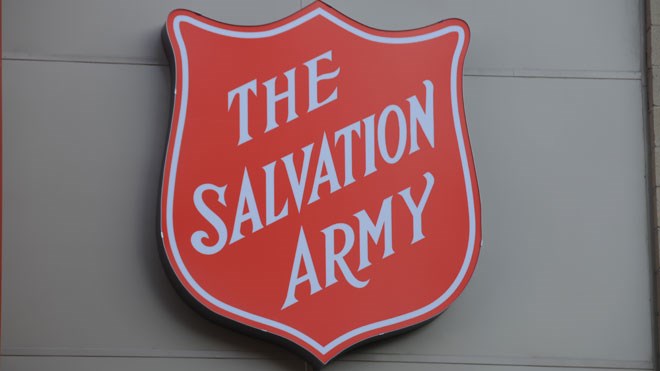The Salvation Army's addictions treatment program will effectively end on Dec. 19, and its senior counsellor fears the people it has treated will be left in the cold.
“The biggest disappointment is the fact that there will be people who will be struggling now who shouldn't have to,” said Perry Kayes, the Salvation Army's senior addictions counsellor in Sudbury. “Until they get something on the go, that's going to be the way it is in Sudbury.”
Kayes, who has worked at the Salvation Army for 19 years, will lose his job in early January. Now 58, he had hoped to work until he was 65, but said he could have trouble finding similar work with only a college diploma.
“It's hard to fathom how you can go so long, and do so much good, and then with the stroke of a pen it's done,” Kayes said.
He said the treatment program, which used the 12-step model developed by Alcoholics Anonymous, had a success rate in the 80 per cent range.
There are plans, however, for Iris Addiction Recovery for Women and Rockhaven to jointly create a new addictions treatment program with the $345,000 of funding the Salvation Army previously received from the North East Local Health Integration Network (LHIN).
Kathryn Irwin-Seguin, the CEO of Iris Addiction Recovery for Women, said they are in the process of developing the program, and it should be ready in the new year. She could not give a specific launch date.
The Salvation Army was asked to participate in the new integrated addictions treatment program but declined the invitation.
“We have absolutely no problem being part of a collaborative effort, we do that in many of our cities, but in this case it was just a matter of the program itself not being viable for future financial stability,” said Pat Phinney, a Salvation Army spokesperson.
Phinney said most of the participants in the addictions program in recent years were not from Sudbury, but from southern Ontario. She said the Salvation Army has decided to focus its local efforts and funds on programs that serve the community, such as the food bank and thrift store on Notre Dame Avenue, and Cedar Place, a residential program for women and children in crisis.
“When we start to run into some financial challenges, and the dollars are tight, we choose to use the dollars to support those local programs,” Phinney said.
For the past four years, the addictions treatment program ran at a deficit of around $150,000 per year, she said.
Sherry Frizzel, the North East LHIN's senior officer for the Sudbury/Manitoulin/Parry Sound Hub, said the new integrated addictions treatment program will be able to serve more people than the Salvation Army's program.
The Salvation Army program functioned on three-month rotations to take clients through the various steps toward recovery.
The new program, Fizzel said, will function on a continuous intake as beds become available.
“We anticipate we'll be able to serve more people, and there will be more northerners able to access the service,” she said.
@jmigneault
